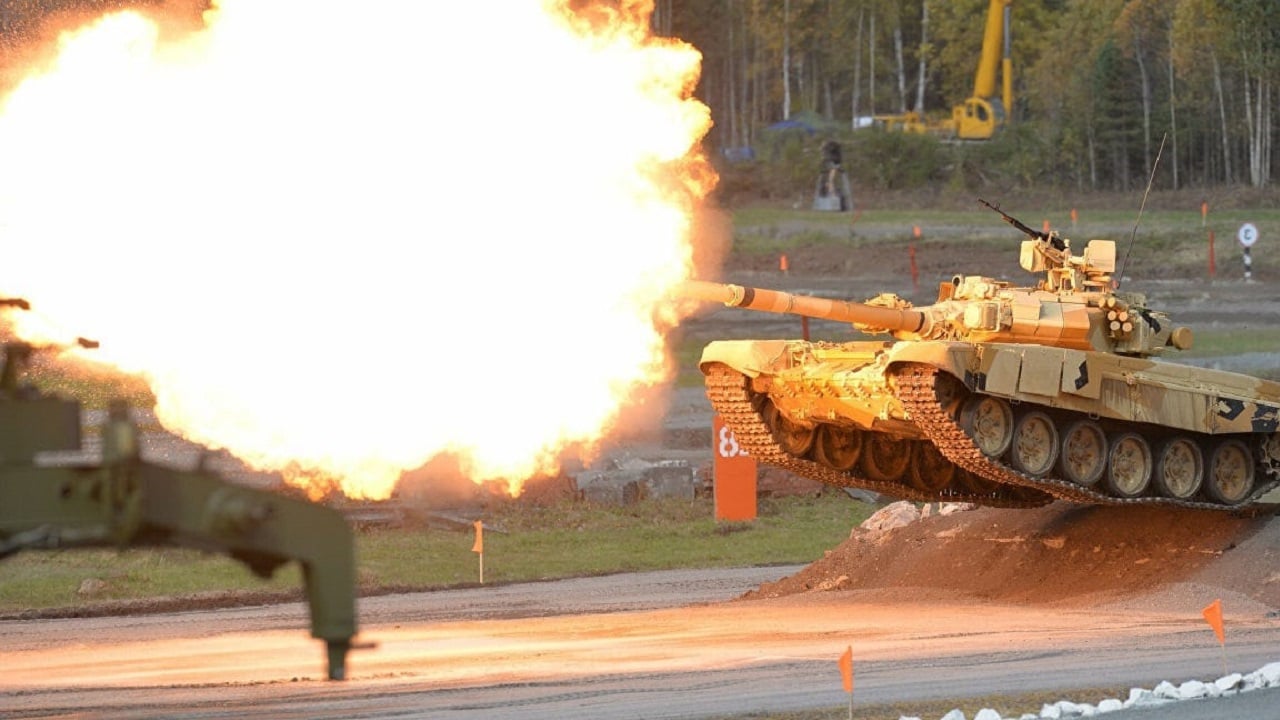Could Ukraine actually retake Crimea? – The prospect of Ukraine not only winning the war against Russia, but going on an offensive against the invading country may sound far-fetched. But with the Russians still unable to achieve their original goals, and amid a faltering military campaign in the east, Ukrainian troops are very much on the verge of victory.
And invading Russian territory could be on the cards.
Comments from Ukraine’s president indicate that it could happen, and he can thank Western military assistance for a chance to reclaim territory lost over the last decade.
Russia Invasion Is Flagging
The United Kingdom’s Ministry of Defence said on Sunday that the Russian offensive in Donbas has “lost momentum and fallen significantly behind schedule.” In an intelligence briefing shared online, British defense officials said that despite small-scale advances in some parts of eastern Ukraine, Russia has “failed to achieve substantial territorial gains over the past month” while sustaining “consistently high levels of attrition.”
According to the same intelligence update, Russia has likely lost around one-third of its ground combat force that was committed to Ukraine back in February.
Also over the weekend, reports revealed how Russian troops were withdrawing from Ukraine’s second-biggest city. According to the Associated Press, Russian troops who were previously focused on bombarding the city of Kharkiv are now on the defensive and focusing on protecting supply lines.
The flagging Russian invasion not only means that Ukraine is on the verge of pushing Russian forces back across the border but could also pave the way for a Ukrainian “invasion” of what Russia considered its territory – namely, the retaking of Crimea.
Zelenskyy’s Own Words Indicate Coming Crimea Battle
Speaking at the Wall Street Journal’s CEO council summit earlier this month, Ukrainian President Volodymyr Zelenskyy indicated that his military’s aim is not just to stop Russia’s advances but to reclaim territory, too.
Zelenskyy said that Ukrainian forces would “not retreat” and that he expects to win the war. He explained that his three ambitions in the war are to stop Russian troops from advancing, to reclaim territory, and then to restore Ukraine’s territory through diplomacy.
It’s not the first time he’s promised to retake Crimea, either.
In August last year during a speech at the Crimean Platform summit in Kyiv, President Zelenskyy pledged to retake the Crimean peninsula from Russia after it was annexed in 2014.
“I will personally do everything possible to return Crimea so that it becomes part of Europe together with Ukraine,” Zelenskyy said at the time, adding that Kyiv required “effective support at the international level.”
At the time, Zelenskyy didn’t have that support. Beyond limited sanctions, NATO had largely accepted that the Crimean peninsula was now controlled by Russia.
With a struggling Russian invasion and billions of dollars invested in Ukraine this year alone, however, Zelenskyy now has the support he needs to take steps to reclaim Crimea.
But will he do it? Could Ukriane really try to take back Crimea? Stay tuned.
Jack Buckby is a British author, counter-extremism researcher, and journalist based in New York. Reporting on the U.K., Europe, and the U.S., he works to analyze and understand left-wing and right-wing radicalization, and reports on Western governments’ approaches to the pressing issues of today. His books and research papers explore these themes and propose pragmatic solutions to our increasingly polarized society.

